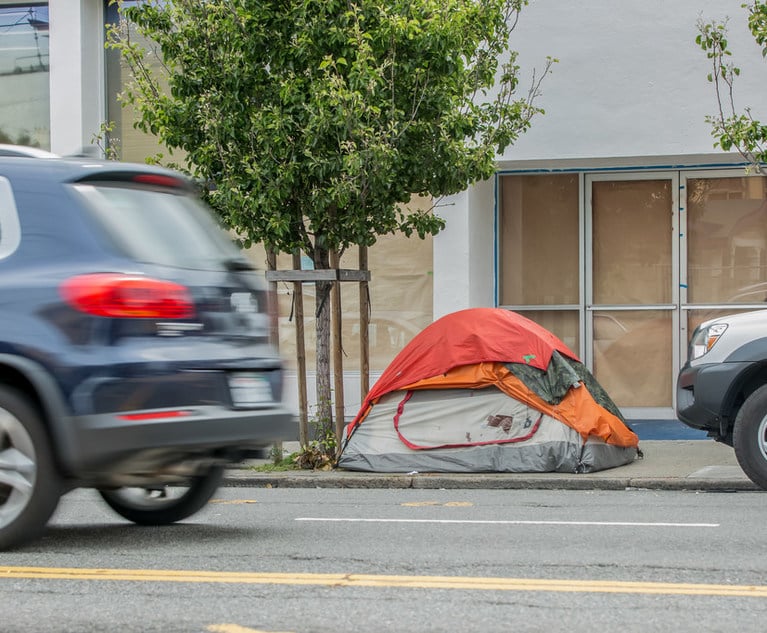 Homeless tents in San Francisco (Photo: Jason Doiy/ALM)
Homeless tents in San Francisco (Photo: Jason Doiy/ALM)
The NCUA has issued formal guidance affirming that credit unions are not barred from serving unhoused veterans, removing what advocates called a significant barrier to financial access for a vulnerable population.
The clarification came in a May 5 letter from NCUA Chairman Kyle Hauptman to the Defense Credit Union Council (DCUC), responding to a February request seeking parity with prior Federal Deposit Insurance Corporation (FDIC) guidance to banks. The NCUA stated that under current Bank Secrecy Act (BSA)/Anti-Money Laundering (AML) and Customer Identification Program (CIP) rules, credit unions already have the authority to accept Veterans Affairs-issued photo IDs and use VA caseworker office addresses to help verify the identity of veterans without permanent residences.
Recommended For You
“NCUA supports credit unions’ ability to create effective, risk-based BSA/AML policies and CIP procedures that facilitate unhoused veterans’ access to the financial system,” Hauptman wrote.
DCUC welcomed the response as a “meaningful step forward.” DCUC President/CEO Anthony Hernandez said, “This clarity is not just a regulatory interpretation — it is a recognition of the moral imperative to serve those who sacrificed for our country.”
Jason Stverak, chief advocacy officer at DCUC, emphasized the broader impact: “By confirming that unhoused veterans can be served under existing CIP regulations, the NCUA has empowered credit unions to confidently take action that aligns with both their mission and the values of the military communities they serve.”
The decision aligns NCUA’s guidance with the FDIC’s and supports federal efforts to reduce veteran homelessness by expanding access to essential financial services like benefits deposits, savings accounts and secure housing payments.
© Touchpoint Markets, All Rights Reserved. Request academic re-use from www.copyright.com. All other uses, submit a request to [email protected]. For more inforrmation visit Asset & Logo Licensing.







